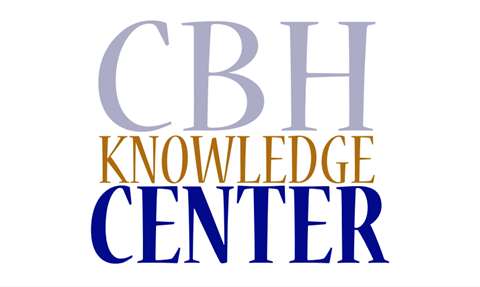Core Element: Assessment and Clinical Understanding
RESOURCES AND TOOLS
- Simple Guide to Eco-Maps
- Lempp T, de Lange D, Radeloff D, Bachmann C. The clinical examination of children, adolescents and their families. In Rey JM (ed), IACAPAP e-Textbook of Child and Adolescent Mental Health. Geneva: International Association for Child and Adolescent Psychiatry and Allied Professions 2012.
- Henderson SW, Andrés Martin. Case formulation and integration of information in child and adolescent mental health. In Rey JM (ed), IACAPAP e-Textbook of Child and Adolescent Mental Health. Geneva: International Association for Child and Adolescent Psychiatry and Allied Professions 2014.
Assessment is the process of gathering a sufficiency of information about the needs and strengths of a youth and family, evaluating the relevance of that information, and developing a comprehensive narrative of the youth and family in the context of their environment, experiences, culture, and present situation. Clinical understanding results in an interpretive summary and diagnostic formulation that can be understood and supported by family members, professional helpers, and natural supports. Both assessment and clinical understanding change over time as new information emerges and the family situation evolves.
CONTRIBUTION TO THE OUTCOME: A successful intervention relies on a thorough, accurate discovery of the history, strengths, and needs of the youth, their family, and the larger community. Youth and family voices in the assessment process help ensure that the prioritization of needs is driven by the family. Arriving at understanding requires knowledge of both past experience and current functioning as well as clinically astute evaluation to determine the relevance of the information gathered. Strengths that are clearly articulated and incorporated into the assessment serve as a basis for building positive change. A quality assessment draws a picture of the family situation as a whole, describes specific clinical concerns, and evolves as the practitioner’s understanding deepens. Revising the assessment over time shows a willingness to learn from experience and feedback.


